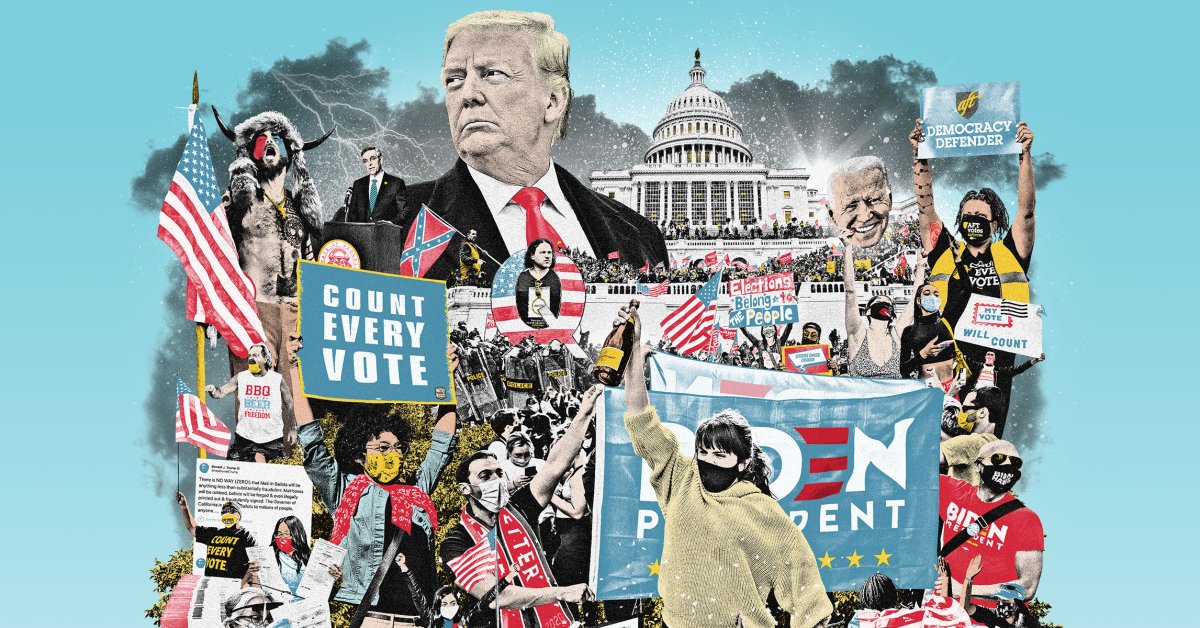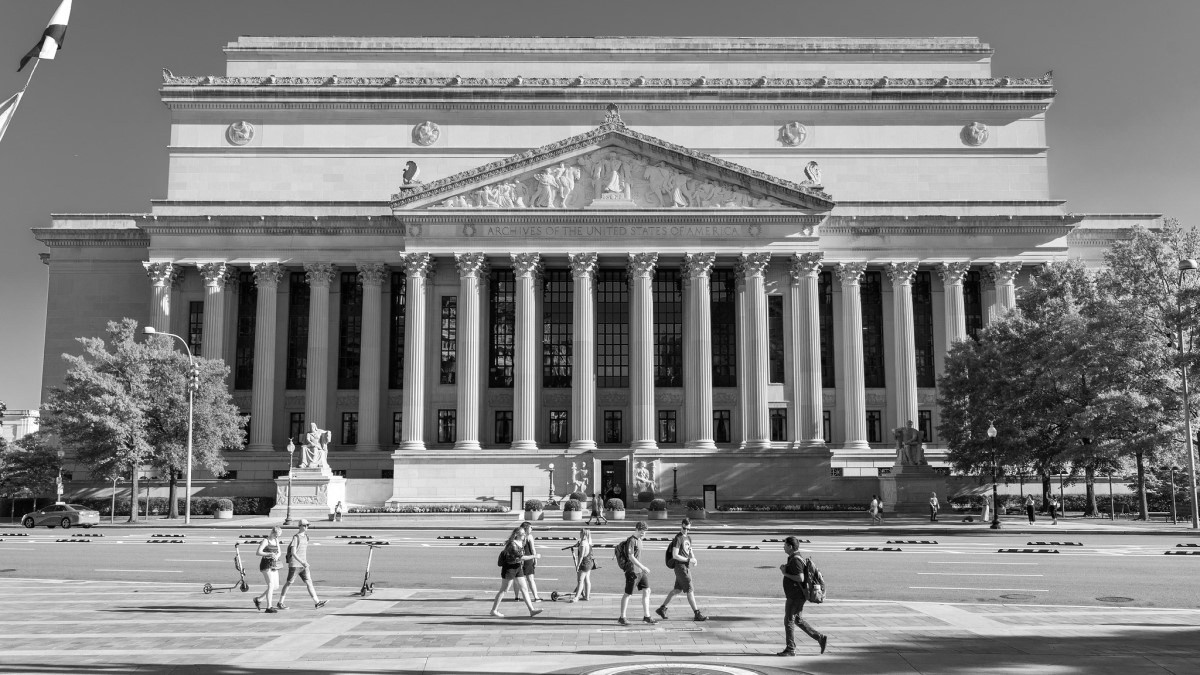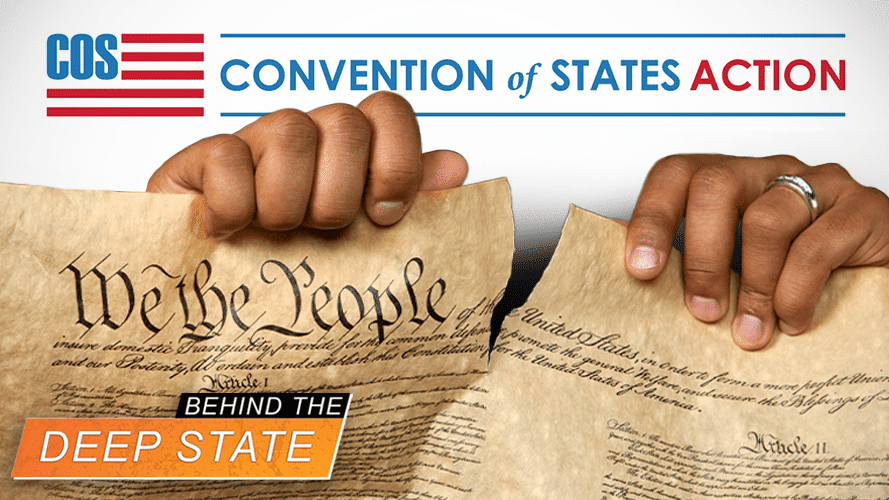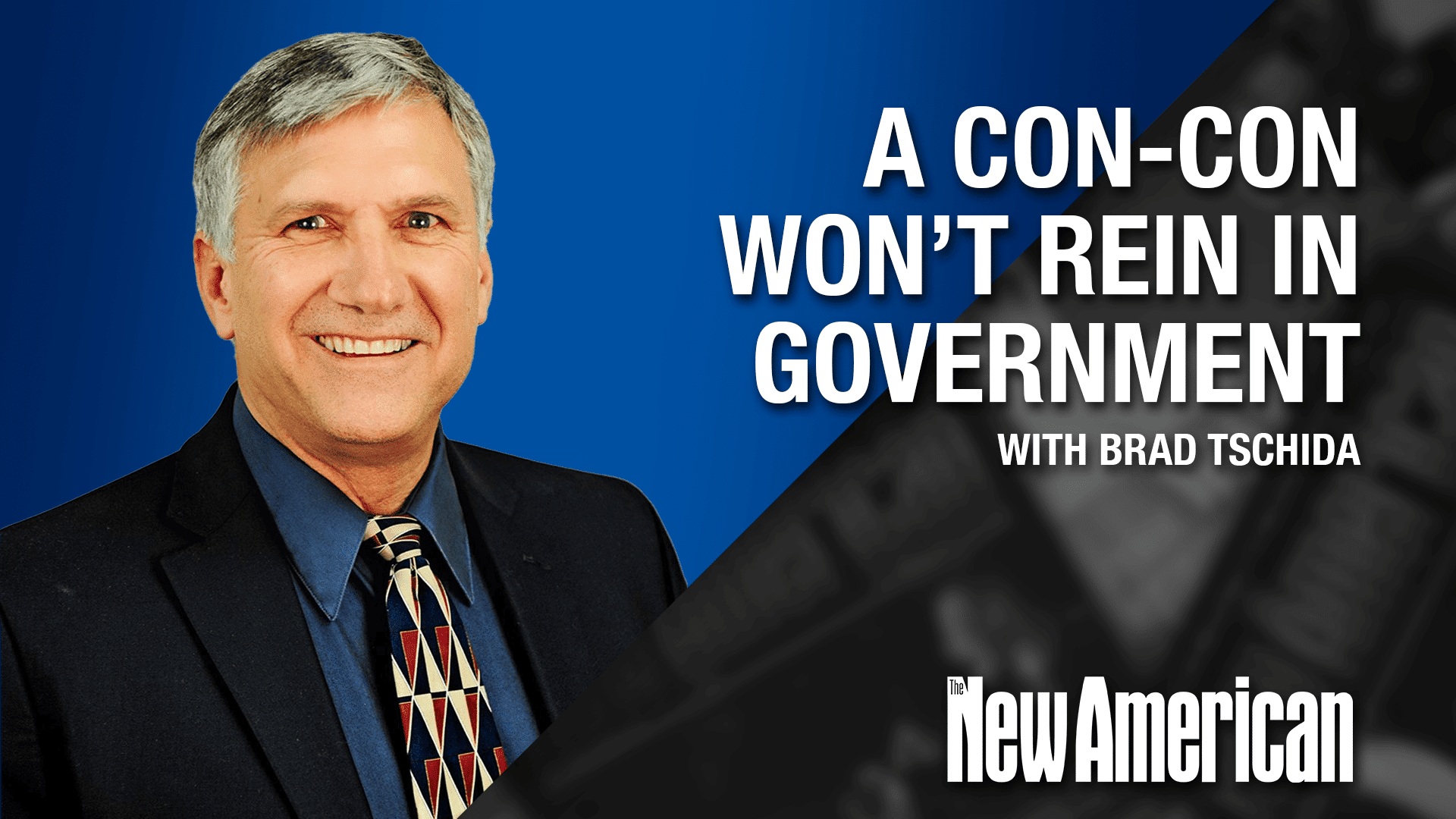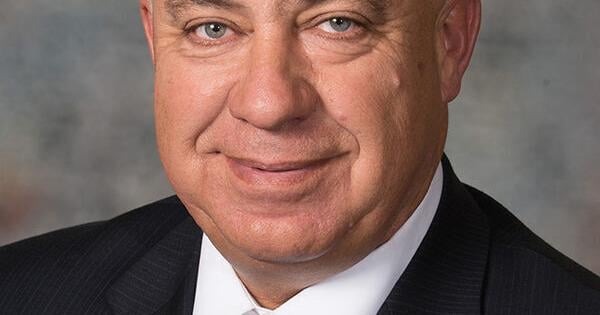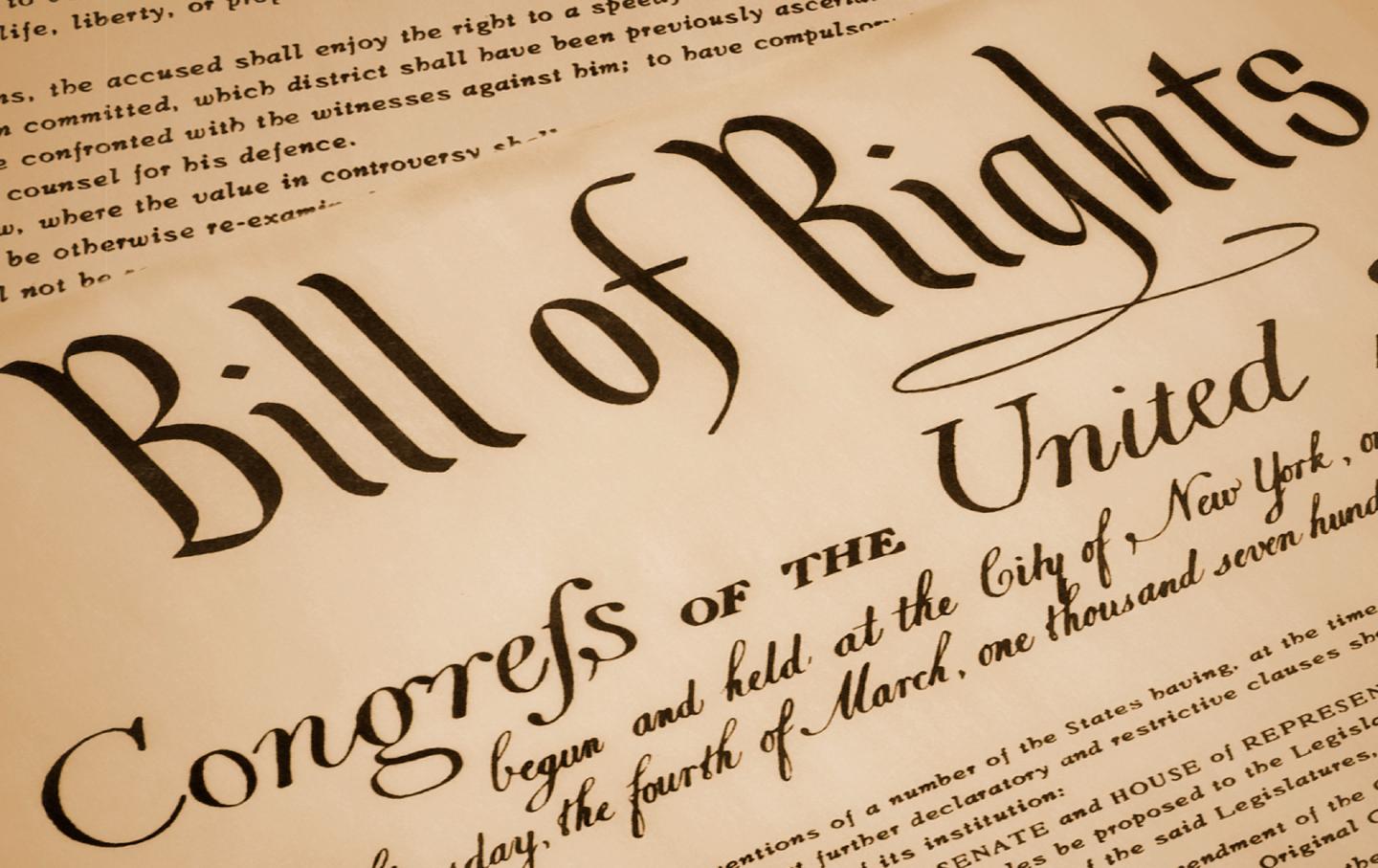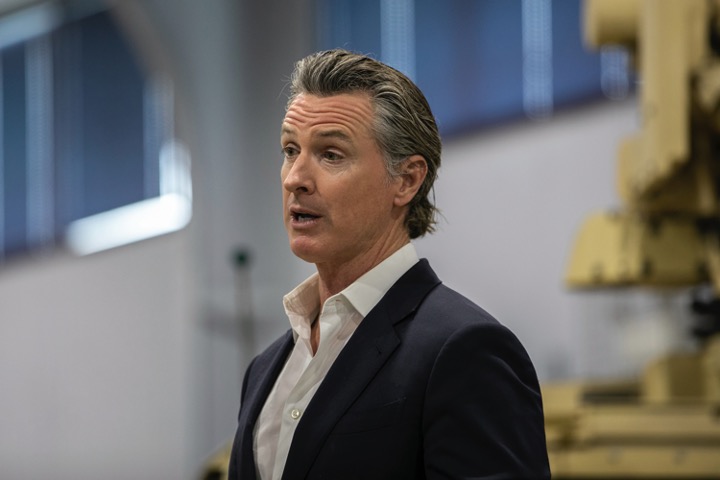TempestOfTempo
Superstar
- Joined
- Jan 29, 2018
- Messages
- 8,773
Im keeping my access to firearms lol2019
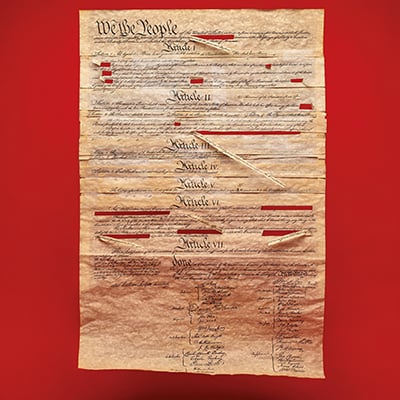
Constitution in Crisis, by Donna Edwards, Mary Anne Franks, David Law, Lawrence Lessig, Louis Michael Seidman
Has America’s founding document become the nation’s undoing?harpers.org
View attachment 74135
Constitution in Crisis
Has America’s founding document become the nation’s undoing?
by Donna Edwards, Mary Anne Franks, David Law, Lawrence Lessig, Louis Michael Seidman
"America’s Constitution was once celebrated as a radical and successful blueprint for democratic governance, a model for fledgling republics across the world. But decades of political gridlock, electoral corruption, and dysfunction in our system of government have forced scholars, activists, and citizens to question the document’s ability to address the thorniest issues of modern political life.
Does the path out of our current era of stalemate, minority rule, and executive abuse require amending the Constitution? Do we need a new constitutional convention to rewrite the document and update it for the twenty-first century? Should we abolish it entirely?
This spring, Harper’s Magazine invited five lawmakers and scholars to New York University’s law school to consider the constitutional crisis of the twenty-first century. The event was moderated by Rosa Brooks, a law professor at Georgetown and the author of How Everything Became War and the Military Became Everything: Tales from the Pentagon.
.....................
Rosa Brooks: Let me tell a story about what I do in my constitutional law classes at Georgetown. In the very first session, I say to my students, “The United States has the oldest continually operative written constitution in the world. How do you feel about that?”
And everybody goes into a “rah-rah, Constitution” mode. The U.S.-born students look smug, and the non-U.S.-born students look puzzled. After everybody has a chance to talk about how great it is that the United States has this very, very old written constitution, I ask them how they would feel if their neurosurgeon used the world’s oldest neurosurgery guide, or if NASA used the world’s oldest astronomical chart to plan space-shuttle flights, and they all get quiet.
So I thought I would ask you all to talk about one of the many oddities of American constitutional history. The United States was born of violent revolution, and it was born of a group of people coming to believe that the form of government they were living under was illegitimate, and that they had the right to say, “We don’t like that government anymore.” They came up with an alternative form of government, which was revised still further at the Constitutional Convention, giving us the document we have today.
How did it happen that the United States, which was born in a moment of bloody revolution out of a conviction that every generation had the right to change its form of government, developed a culture that so many years later is weirdly hidebound when it comes to its form of government, reveres this piece of paper as if it had been handed by God out of a burning bush, and treats the Constitution as more or less sacred? Is it really such a good thing to have a document written almost 250 years ago still be viewed as binding us in some way?
..................
LESSIG: I think what we have to focus on in a very precise way is: What are the steps that could get us to a place that could make the democracy a responsive democracy? How do we break this deeply unrepresentative system that we have right now?
The U.S. Constitution has the provision in Article V to allow us to call a convention to propose amendments. If two-thirds of the state legislatures vote to convene it, the Constitution requires it. That’s what we need to do.
EDWARDS: I’m a little leery about opening up the whole show in a constitutional convention, but I think it’s worth thinking through how something like that might be done in a way that doesn’t allow for monkey business, especially from conservatives.
I don’t think the current political process really positions us to work through these constitutional challenges.
SEIDMAN: I don’t think we need another constitutional convention. You know what would happen? The country would come apart at the seams. And the reason it would come apart at the seams is because if we really confronted the things that divide us, and really were honest about them, there would be no reconciliation.
To start with, there would be a huge fight about whether the United States is a Christian country. And if we confronted that, God knows what would happen. It’s a little like a marriage—there are perfectly successful marriages that go on for years and years in which the spouses are happy, and the reason they’re happy is precisely because they never actually sit down and have a deep conversation about what the purpose of the marriage is.
LESSIG: I don’t think people are happy. We’re not talking about happy people. We’re talking about people who are not happy. That’s the point. We’re starting at a place where it’s not working.
SEIDMAN: But they’d be less happy. What keeps the United States together in the end is not some deep agreement about the philosophical issues that would surface if we really tried to rewrite the Constitution.
What keeps the country together—to the extent it is still together—is a much looser sense that we’re all in this together, that we sink or swim together, and some very loose ideas about tolerance and equality. If you try to put that into a legal text, things are going to come apart at the seams.
LESSIG: But, Mike, this is a false dichotomy. You’re saying we couldn’t possibly have a convention that would rewrite the whole of the Constitution and our foundations as a country. I agree with that. Of course we can’t.
What I’m talking about is the fact that we have a constitution right now that creates a deeply corrupted process for selecting our representatives and our president, and we have no way to fix that, given the current way that the Constitution itself gets amended.
So this is not about agreeing on fundamental values; it’s about the smaller point of, “How do we get to a democracy that people actually feel represents them?” And that will only happen if we have some fundamental changes to the constitutional order, which we won’t get unless we figure out a way to amend the Constitution."


